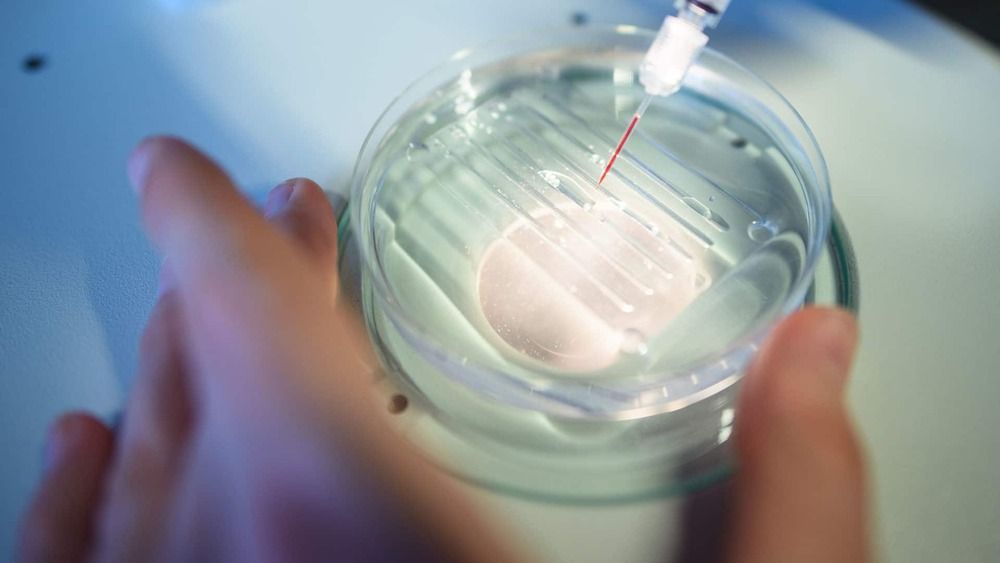Just seven years after scientists announced the first use of Crispr-Cas9 gene editing technology on human cells, researchers shared new evidence this week that Crispr can be used to cure two serious genetic disorders.
On Tuesday, NPR reported that a patient in Nashville had seen a dramatic decline in her symptoms of sickle cell disease after receiving a single gene therapy treatment in July. Sickle cell, which can lead to inflammation, debilitating pain, and life-threatening circulatory problems, affects millions of people around the world.
That same day, the biotech companies behind the sickle-cell treatment, Crispr Therapeutics and Vertex, also shared promising results from their first attempt to cure a case of beta thalassemia, another genetic disorder that affects blood proteins. Nine months after receiving the experimental treatment, a patient in Germany with beta thalassemia has almost no signs of the disorder.
